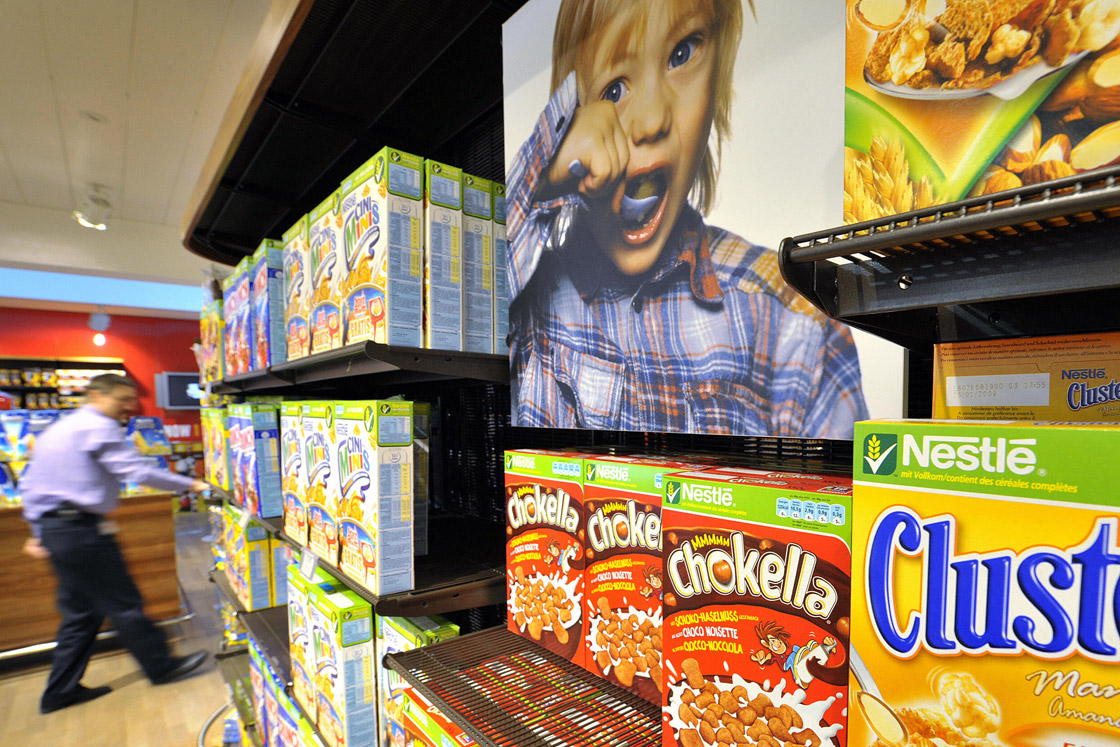WATCH ABOVE: Dr. Allana Polo talks about products that may not be so healthy for you despite their “healthy” image.

January is the time for health and fitness resolutions and, in many cases, overhauled diets. But if you’re watching what you eat, opting for a healthier plate this year, you may want to avoid these foods cleverly disguised as “healthy.” Many of these items that we consider nutritious are actually loaded with sugar, fat and chemicals.
READ MORE: An avocado a day keeps the cardiologist away, new research suggests
Dr. Allana Polo, a Naturopathic Physician based in New Westminster, B.C., looked at some of the most common foods mistakenly considered “healthy.” Read on for tips on what to avoid and alternatives.
Low-fat or low-sugar yogurt
Yogurt can be very good for you, said Polo, however consumers should be mindful of what is in the yogurt they eat. “When going to a low-fat yogurt or a yogurt that doesn’t have a lot of sugar – in order to take that out and not sacrifice the flavour, they’re often adding something in,” said Polo.
A zero per cent fat yogurt that only has 35 calories per serving may contain aspartame or other chemicals and preservatives.
Alternative: Opt for a plain, Greek yogurt with a little bit of fat in it. If you like it sweet, add fresh or frozen fruit.
“A little bit of fat is actually going to satiate you and allow this breakfast to sustain you a little bit longer,” said Polo. To raise the fat content in your favourite fat-free yogurt, try mixing in chia or flax seeds.
READ MORE: Fat but fit? New research debunks ‘healthy obesity’ theory
Sports drinks
Often healthy eating resolutions go hand-in-hand with vows to exercise more. When you’re working out, it’s important to replace electrolytes lost through sweating, said Polo. “But we have to make sure that we’re not going to a sport drink that’s full of sugar.”
Drinks like Gatorade, Powerade and Vitamin Water can be loaded with sugar and artificial colour.
Alternatives: Polo recommends drinking coconut water, “it’s full of natural electrolytes without any added sugar,” she said. You can also buy electrolyte powder that you mix with water.
Juice
Health Canada recommends Canadian adults get anywhere from seven to ten servings of fruit and vegetables a day. But not all servings are created equal. “I think a lot of people don’t realize the amount of empty sugar and calories that are in juice,” said Polo.
Alternatives: Rather than drinking your fruit, opt for whole fruit which comes with the added benefit of fibre. If you have juice, dilute it with water to cut back on the sugar content.
Energy bars
Don’t be fooled by slick marketing – most of the energy bars sold today are basically candy bars.
“They’re chocolate bars,” said Polo. “They have caramel, they have chocolate, they have nuts — and for some that’s just a recipe for disaster.”
Often, people make the mistake of eating an energy bar on top of their regular meals. But an energy meal is designed to replace an entire meal. “It has enough calories and nutrients in it to replace lunch, for instance. So often people will have it as a snack at 10 a.m., after having breakfast and about to have lunch, and it just ends up being way too much,” said Polo.
Alternatives: Opt for dried fruit and a small handful of nuts – this will give you a hit of energy and will satiate you because of the healthy fat found in nuts.
When buying energy bars, look for ones that contain natural ingredients. “Look at the labels and if you can’t pronounce any of the ingredients and you don’t know what’s in them, it’s probably not a good idea for you,” said Polo.
Cereal
“There’s not much nutrition in cereal,” said Polo. “It’s a bowl of carbohydrates, so you get a hit of sugar, you get energy for about half an hour, and then in about an hour or so you’re really hungry, because there’s not a lot of protein and there’s not a lot of fat.”
Alternatives: Polo tells people, when it comes to cereal, think outside the box — literally. Health food stores often sell more nutritious, less processed cereal (often sold in bags, not boxes). If you’re trying to lose weight, opt for a protein-rich breakfast that contains 20 grams of protein. Eggs (skip the bacon) and protein powders are good options for protein-rich breakfasts.






Comments